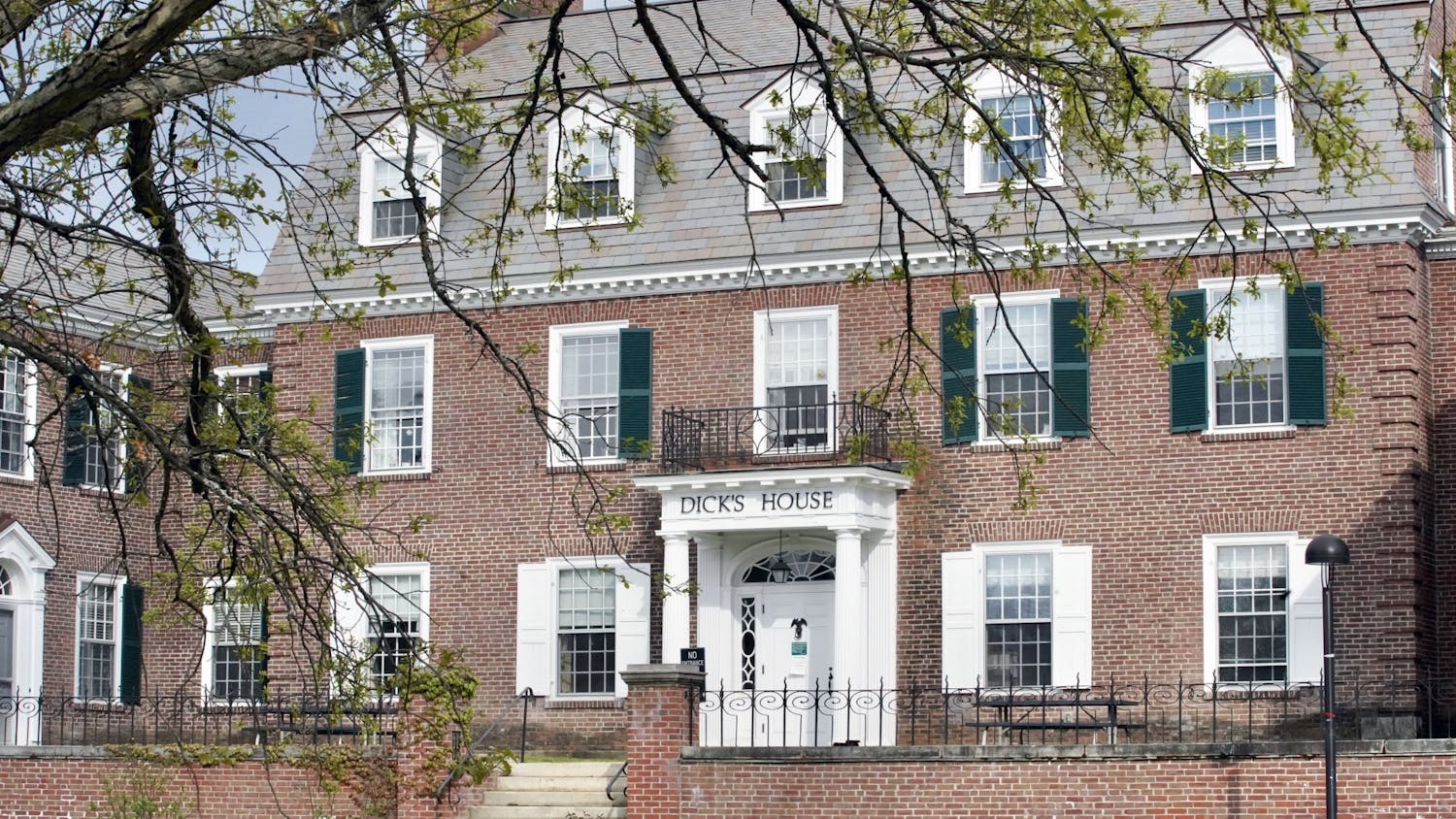This column is featured in the 2021 Spring special issue.
With the onset of COVID-19 in March 2020, Dartmouth rapidly adopted virtual learning. The College is now in its fifth online term, and there has been no shortage of obstacles for students attempting to navigate their education. These hardships, however, have not been felt equally by all students — nor have they been entirely the result of the pandemic. Many disparities in the lives of students have been laid bare by the current public health crisis and cannot be forgotten as it subsides. Rather, the College should consider the varying experiences of its students and take steps to enact policies that make the school as an institution more equitable going forward.
With the added financial strain of the current crisis, students have faced issues finding secure housing and money for food. Of course, this has disproportionately affected students whose families struggled to make ends meet before the pandemic. Technology has malfunctioned or the internet has crashed, kicking people off of Zoom calls or interfering with their ability to complete schoolwork. Those who do not have easy access to high-speed Wi-Fi and new technology have felt this the worst. Concern about the health and wellbeing of loved ones and the state of the world — coupled with the stress of school — has proved a difficult combination to carry. Once again, those whose family members are essential workers without the privilege of time off, or those who are essential workers themselves, have felt these hardships most of all.
As these challenging times have progressed, the College has made various accommodations to lighten the burden. The first virtual term of classes was Credit/No Credit. Extra stipends and COVID-19 relief funds have been given to students in need. Many professors have adapted their classes to weigh exams less heavily and have been more generous with extensions. The number of mental health resources and events has been expanded. Yet while these accommodations have been helpful for students heavily impacted by the pandemic, they do not address the fact that the unique situations of low-income students did not begin with the pandemic — and will not end after it.
In 2014, the six-year graduation rate of students who received Pell Grants at Dartmouth was only 91%, below the 95% overall graduation rate. Nationally, the graduation rate of Pell recipients is only 51% — compared to an overall rate of 65% — so while Dartmouth is above the national average, the gap is still there. It is already a struggle for low-income students just to be admitted to Dartmouth, but inequities persist once undergraduates arrive on campus. Many must work a job in addition to being full-time students in order to be able to pay their tuition or help their family back home. They do not typically have the prestigious networking connections their wealthy counterparts have. Often, low-income students must also adjust to the difficulty of Dartmouth courses, which they may not be fully prepared for if they attended an underfunded public high school.
There are some resources for low-income and first-generation students that Dartmouth has put in place: FYSEP, the First Generation Network and Dartmouth Quest Scholars. Yet, if Dartmouth has been able to make extra accommodations for the pandemic, surely they can make accommodations that go beyond networking and group events once “normal” conditions return. For instance, student workers spend 10-12 hours a week at their job that they could otherwise spend completing classwork, attending Dartmouth events, socializing with friends, or even simply resting. Forcing employment for financial aid seems coercive. With an endowment valued at $6 billion, could the College not find the funds to fully cover the financial aid of low-income students who need to devote all of their free time to their studies or extracurriculars? Such a policy might be more expensive, but the cost would be worth the added time and thus value of low-income students being able to afford their education.
Another policy the College should consider is normalizing extensions. The pandemic has added a lot of variables into students’ lives, and as such, many professors have been much more lenient with deadlines. However, for low-income students, who are already working several hours or who might have a steeper learning curve for a given assignment, there are already a lot of extra tasks to juggle. For any given student, unexpected events just happen — even when a global pandemic isn’t raging — which can make it difficult to get assignments done. Adopting a campus-wide culture change that encourages extensions for those students who ask for them, pandemic or not, could help ensure that every student is able to put forth their highest-quality effort without overextending themselves. This could start with a College announcement encouraging, if not mandating, providing extensions for those who ask for them. In general, such a policy would give students the chance to prioritize what they need to when they are struggling, without sacrificing their grades. Extensions will give students who are under extenuating circumstances the opportunity to complete the assignment to their best ability rather than rushing through it.
Finally, the Dartmouth administration should consider expanding the use of the non-recording option permanently. The expanded NRO that the Dartmouth Student Union advocated for last winter, and that was in place during the 2020 summer term would allow students to utilize their NRO at any point in the term, and would allow the classes it is used for to count towards distributional and major requirements. The policy allows greater flexibility for students who want to experiment with studying new subjects without destroying their grades, upholding the idea of learning for learning’s own sake — a hallmark value of the liberal arts college. The College should also consider making the first-term classes of freshmen, or the introductory classes of each department, Credit/No Credit, which would give all students a chance to adjust to Dartmouth’s challenging academics without the stress of watching their GPA and class medians.
Furthermore, the option gives students, especially first-years, a chance to adjust to Dartmouth classes without having to stress about how it will affect their job prospects post-graduation. It is also an option that students want: During the winter outbreak, both the DSU and Student Assembly were advocating for more flexible grading. The College rejected their efforts, but their ideas should be reconsidered. While these options might be thought to decrease academic rigor, they will in actuality allow students to engage with the material for the sake of learning rather than receiving a certain grade, thus prompting a better relationship between students and learning in the future.
Though we may be separated by Zoom screens, the distinctions in our individual lives are more apparent now than ever. But these distinctions have always existed. So, give students the extension they dare to ask for. Meet them in the middle with an expanded NRO or Credit/No Credit. Recognize the difficulties students grapple with daily. Treating everyone “equally” and giving no allowances and no compassion only further disadvantages those who are already underprivileged. Moving forward and past the pandemic, Dartmouth should choose policies that allow for flexibility rather than rigidity, recognizing that all students’ circumstances are not the same.



